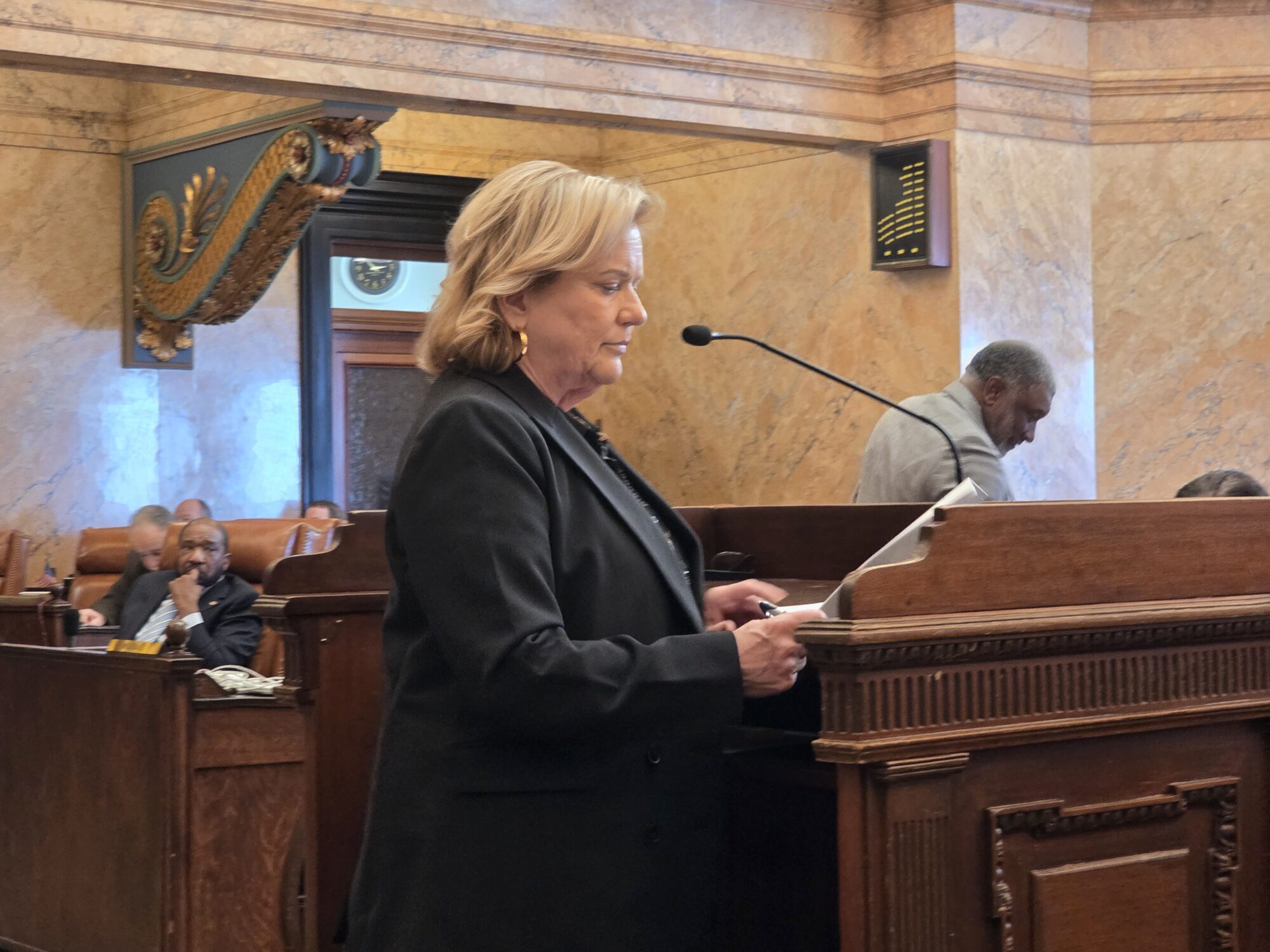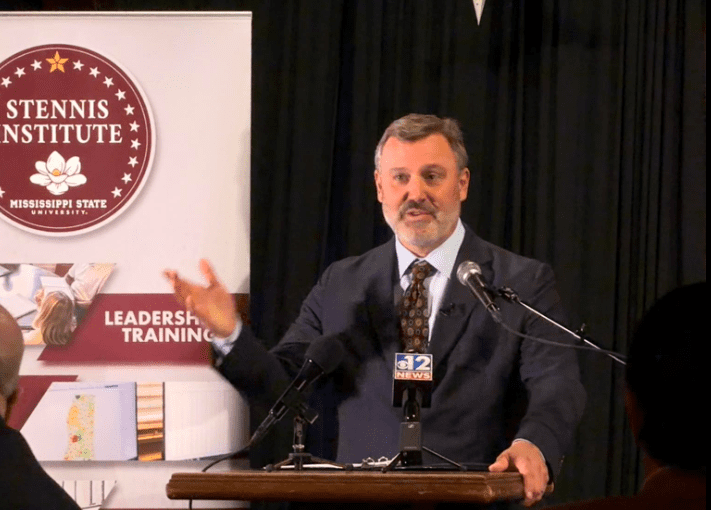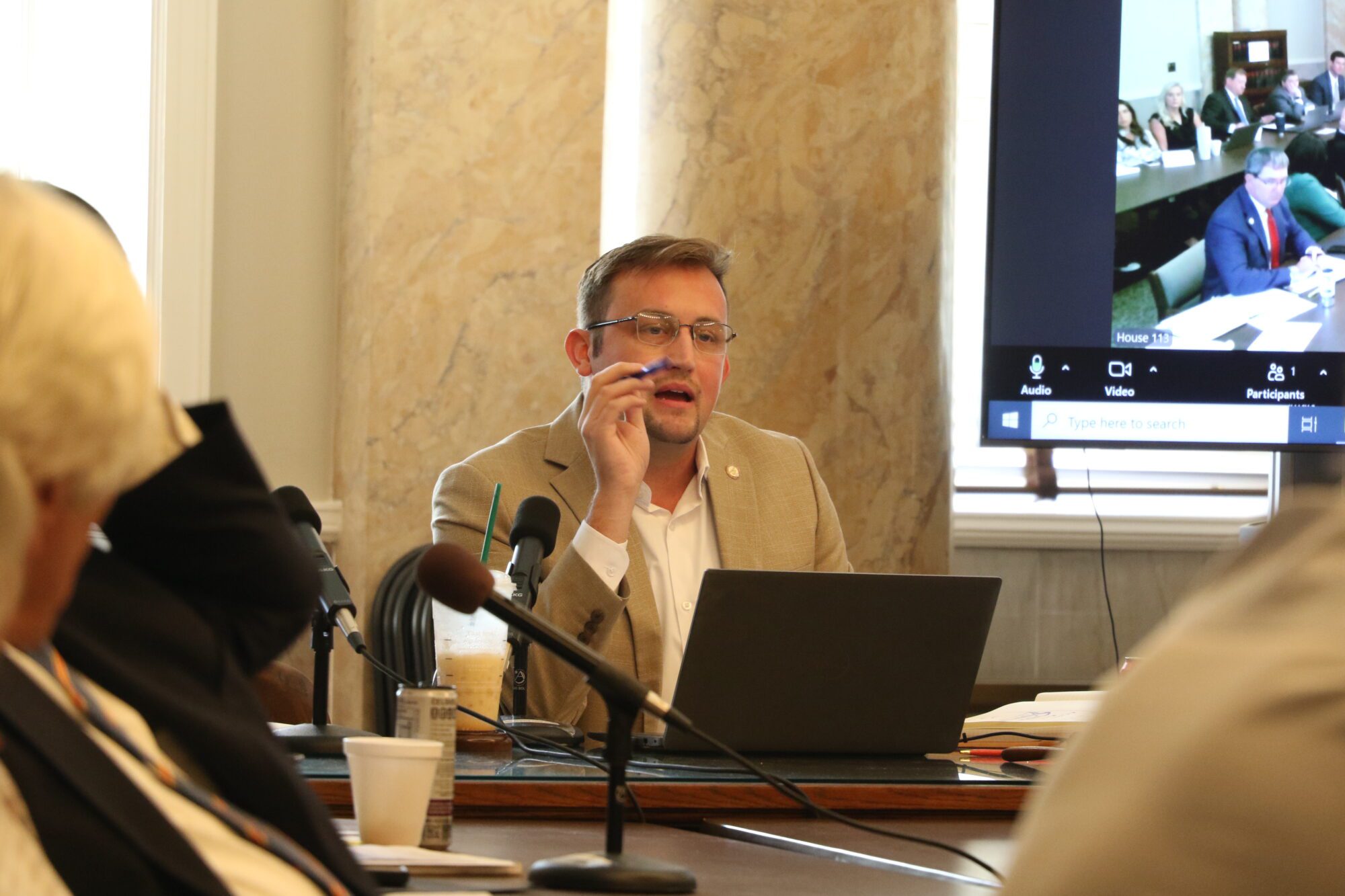
(Photo from Shutterstock)
- A few of those benchmarks include early learning standards, educator qualifications, the size of classrooms, and program assessments.
This week, the National Institute for Early Education Research (NIEER) issued a report showing Mississippi as one of five states in the U.S. to meet all of the recommended benchmarks in early childhood education.
A few of those benchmarks include early learning standards, educator qualifications, the size of classrooms, and program assessments.
“Providing a quality education for our state’s youngest children is essential to academic achievement,” said Dr. Lance Evans, State Superintendent of Education in a statement. “Mississippi continues to be a national leader in this area, and we are thankful for the state’s financial commitment to ensuring the success continues.”
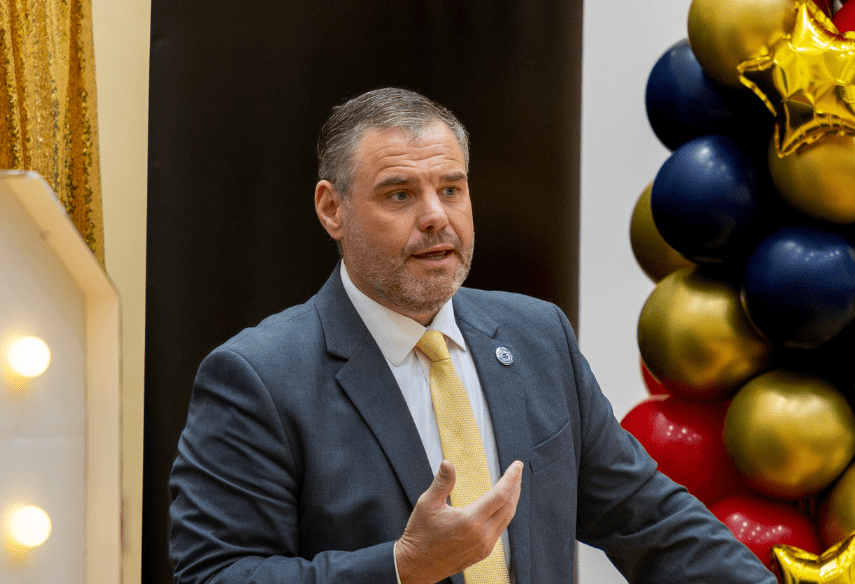
Other states reaching the same milestone for the 2023-2024 school year were Alabama, Hawaii, Michigan, and Rhode Island, NIEER’s report stated.
“Mississippi is emerging as a national leader in expanding access to preschool while maintaining top quality standards. However, the majority of Mississippi’s 4-year-olds still do not have the opportunity to attend state-funded pre-K programs, and no 3-year-olds are served,” said W. Steven Barnett Ph.D., NIEER’s senior director and founder. “When states put money into quality preschool programs, they are investing in children’s futures and can expect to see strong returns on their investments.”
The report states that 20 percent of 4-year-olds and less than 1 percent of 3-year-olds in Mississippi are being served by public-funded early education. While less than a quarter of children were enrolled, there were enrollment increases in Mississippi. In 2023-2024, pre-K programs enrolled 7,145 children, an increase of 1,816 from the year prior.
It was noted that most states do not have public early education programs for 3-year-old children. In the 2023-2024 school year, 37 percent of 4-year-olds across the nation were enrolled in a state-funded pre-K program, while only 8 percent of 3-year-olds were enrolled.
In addition to meeting NIEER’s recommended benchmarks, the Magnolia State increased its national ranking in the report, moving to 31st in the category of preschool enrollment for 4-year-olds. Mississippi ranked 35th in the category the year prior.
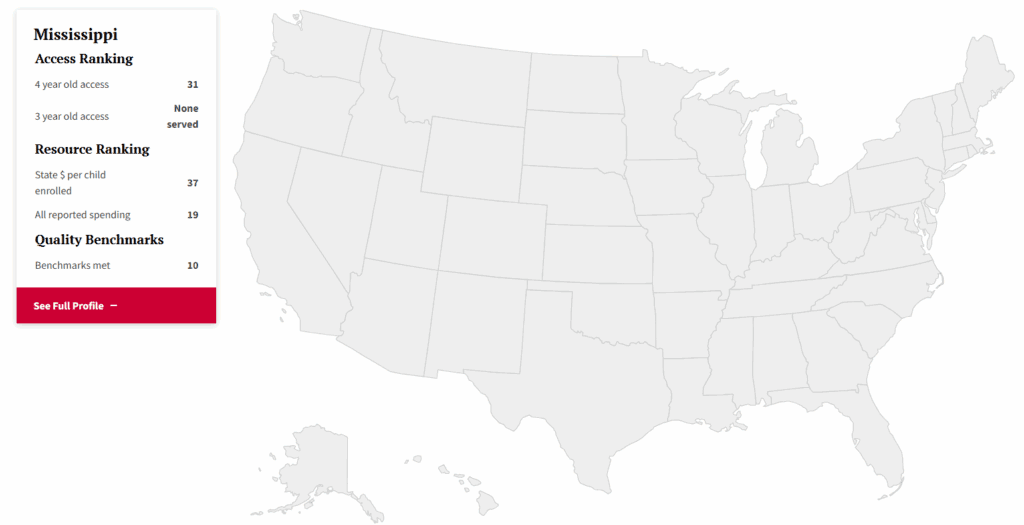
Mississippi was also noted as being one of 10 states in the nation that increased enrollment by more than 20 percent. The other nine states were Alaska, Colorado, Delaware, Hawaii, Missouri, Nevada, New Mexico, North Dakota, and Ohio.
The increase in enrollment drove an increase in Mississippi’s spending by nearly 83 percent, increasing from $14.4 million the previous year to $30.5 million in 2023-2024. The state benefitted from $1.2 million in federal recovery funds that year as well, the NIEER report cites.
Enrollment in pre-K programs nationwide increased by 1.7 million, demonstrating an increase of more than 110,000 children over the year. Investment in those programs across the nation also saw increases, totaling $13.6 billion in state dollars. COVID-19 response funding added another $257 million to that total.
“When we provide our students, teachers, and administrators with the resources they need to succeed, they always deliver. Because of their hard work, Mississippi is leading the country in academic results,” said Senate Education Committee Chair Dennis DeBar (R). “The Lt. Governor and Senate has remained steadfast in increasing early learning opportunities, providing our teachers a professional salary, updating our school funding formula, and in general supporting our schools—and it is paying off. I am very proud of our students and schools.”
The state has been recognized for a number of educational achievements, but there is more work to be done, said House Education Chair Rob Roberson (R).
“While I appreciate NIEER’s recognition, we are continuing to look at ways to improve and promote good educational outcomes and choices for the State and our kids and parents,” Roberson told Magnolia Tribune. “I look forward to engaging in the conversation to push for better outcomes regardless of the address our kids learn in.”
One concern noted in the NIEER report focused on continued access to federal funding for early learning programs. Those concerns are due to talks of possible cuts to the U.S. Department of Education. If those spending reductions were to take place, the education leaders fear that more than 15,000 children will lose access to Head Start programs in the state.
“State pre-K in Mississippi, particularly the Early Learning Collaboratives which rely on Head Start partnerships, could also be jeopardized,” said Allison Friedman-Krauss, Ph.D., lead author of the report. “Increased uncertainty about federal funding underscores the urgency for states to prioritize and expand early childhood investments.”



